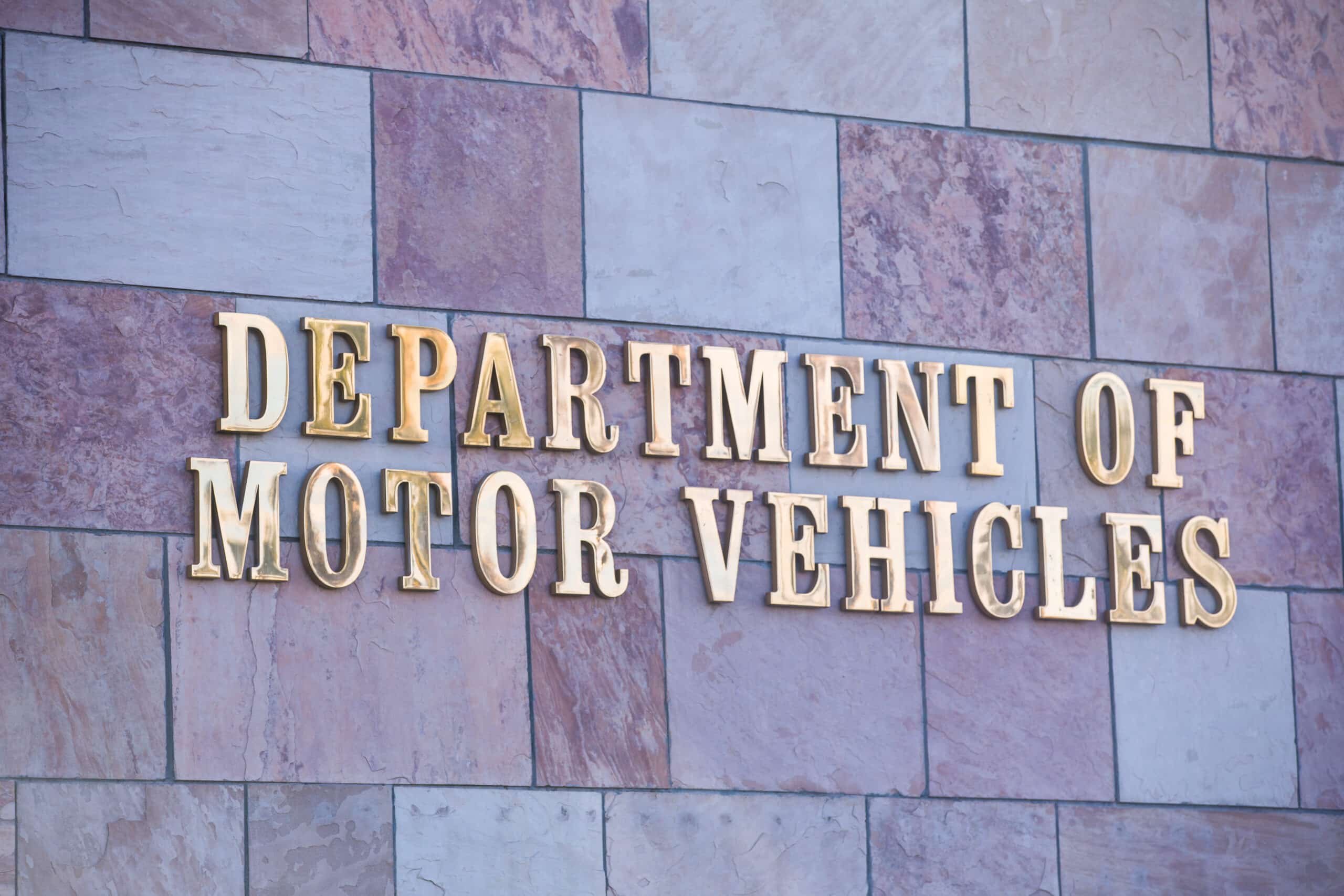DUI laws undergo periodic revisions in the dynamic realm of legal landscapes to better address the nuances of impaired driving cases. Colorado, like many states, has recently introduced changes to its DUI laws, impacting both the criminal justice system and Department of Motor Vehicles (DMV) proceedings.
Understanding the intricacies of these changes and their DMV implications is crucial for those accused of driving under the influence. This blog seeks to shed light on recent amendments in Colorado DUI laws and how they may influence DMV appeals.
Recent Changes in Colorado DUI Laws:
Colorado, renowned for its stunning landscapes, has also been vigilant in updating its legal framework to ensure road safety. In 2022, the state legislature enacted several changes to DUI laws, reflecting a commitment to balance public safety and fairness in legal proceedings.
One significant change involves the blood alcohol concentration (BAC) limit, which was lowered from 0.08% to 0.05%. This stricter threshold aims to enhance road safety by discouraging any level of impairment while behind the wheel.
Additionally, there is a heightened focus on penalties for repeat offenders. The recent amendments have increased the severity of consequences for those with multiple DUI offenses, including longer license suspensions, mandatory ignition interlock device installation, and more stringent fines.
DMV Implications:
Understanding the implications of these changes within the DMV context is crucial for individuals facing DUI charges. The DMV plays a pivotal role in determining the fate of a driver’s license, independent of criminal court proceedings. If a driver is arrested for DUI, the DMV initiates an administrative license suspension, separate from any criminal penalties.
DMV Hearings: Significance and Differences:
DMV hearings are a critical aspect of the DUI process, as they focus solely on the administrative consequences of alleged impaired driving. Unlike criminal court proceedings, DMV hearings are civil, aiming to address a driver’s license’s immediate suspension or revocation.
One of the key differences lies in the burden of proof. In criminal court, the prosecution must prove guilt beyond a reasonable doubt. However, DMV hearings operate on a preponderance of evidence standard, meaning that the DMV must show it is more likely than not that the driver was operating a vehicle under the influence.

Importantly, even if a driver is acquitted in criminal court, they may still face administrative penalties through the DMV. Conversely, a successful DMV appeal does not guarantee acquittal in criminal court. These dual proceedings highlight the necessity of adept legal representation that understands the nuances of both systems.
Colorado DUI Laws
For individuals accused of DUI, comprehending the implications of these amendments within the DMV framework is paramount. DMV hearings, distinct from criminal court proceedings, carry their own set of rules and consequences, making it imperative for those facing DUI charges to seek legal counsel well-versed in both arenas.
As the legal landscape evolves, staying informed about recent changes in DUI laws becomes a strategic advantage. Navigating the maze of administrative proceedings requires a keen understanding of the nuances within Colorado’s legal system.
By staying educated and seeking professional legal guidance, individuals can better position themselves to navigate the complex terrain of DUI charges and DMV appeals.
About the Author:
Kimberly Diego is a criminal defense attorney in Denver practicing at The Law Office of Kimberly Diego. She obtained her undergraduate degree from Georgetown University and her law degree at the University of Colorado. She was named one of Super Lawyers’ “Rising Stars of 2012 & 2019-2022” and a “Top 100 Trial Lawyers in Colorado” for 2012-2022 by The National Trial Lawyers. Both honors are limited to a small percentage of practicing attorneys in each state. Additionally, Expertise names her to its lists of the 25 Best Denver DUI Lawyers and 21 Best Denver Criminal Defense Lawyers, both in 2020-2022. Ms. Diego has also been recognized for her work in domestic violence cases.





